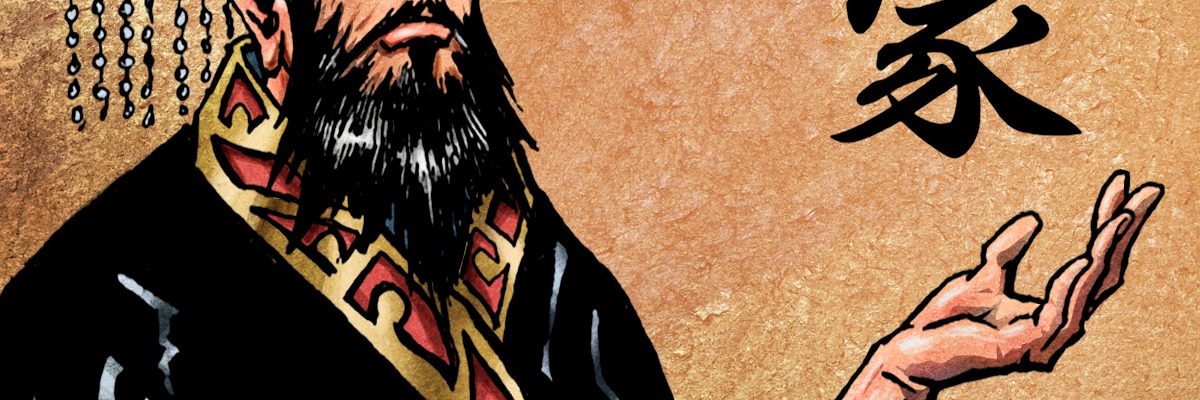In Chinese folklore the first emperor, Qin Shi Huang, is never presented as a hero. Instead he is always presented as villain who is undone by his own arrogance and impiety. He is often introduced in folk tales as the “Wicked Emperor Qin Shi Huang”. However, historians believe that many of the most salacious stories about China’s first emperor may have been exaggerated or invented by later writers who did not care for his preferred philosophy. Has one of China’s most significant figures been the victim of fake history? Tune in and find out how ghost tablets, huge dongs, and a philosophy more Machiavellian than Machiavelli all play a role in the story.

Works Cited
Clements, Jonathan. The First Emperor of China. Albert Bridge, 2015.
Cotterell, Arthur. The First Emperor of China. Penguin, 1989.
Goldin, Paul Rakita. After Confucius: Studies in Early Chinese Philosophy. University of Hawai’i Press, 2005.
“A Legend of Confucius.” A Legend of Confucius – Chinese Folktale, www.worldoftales.com/Asian_folktales/Chinese_Folktale_40.html.
Lü Buwei, et al. The Annals of Lü Buwei: a Complete Translation and Study. Stanford University Press, 2000.
Man, John. The Terracotta Army: China’s First Emperor and the Birth of a Nation. Bantam Books, 2018.
Needham, Joseph, and Rose Kerr. Science and Civilisation in China. Cambridge University Press, 2004.
Pines, Yuri. “Legalism in Chinese Philosophy.” Stanford Encyclopedia of Philosophy, Stanford University, 16 Nov. 2018, plato.stanford.edu/entries/chinese-legalism/.
Sima, Qian, and Burton Watson. Records of the Grand Historian. Research Centre for Translation, Chinese University of Hong Kong, 1993.Sima, Qian, and Derk Bodde. Statesman, Patriot, and General in Ancient China; Three Shih Chi Biographies of the Ch’In Dynasty, 255-206 B.C. Translated and Discussed by Derk Bodde. 1940.

